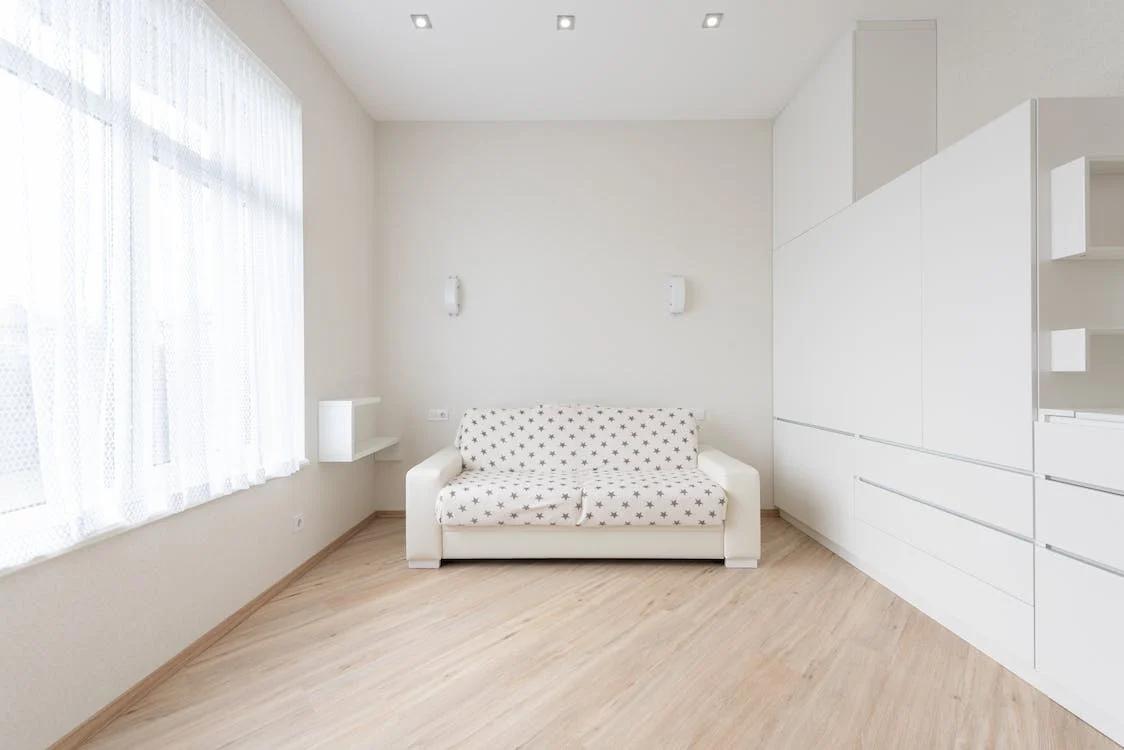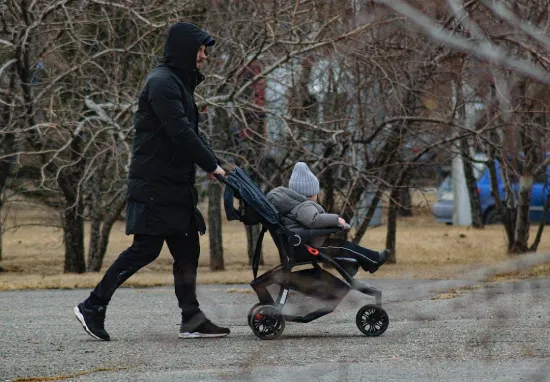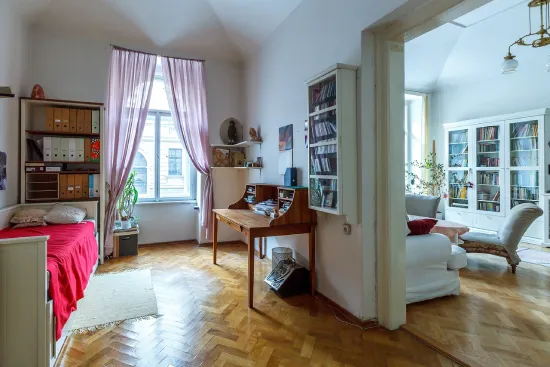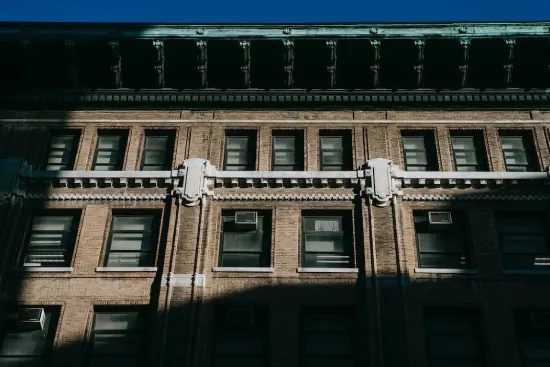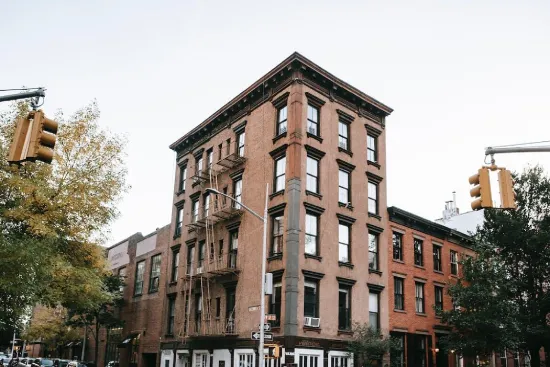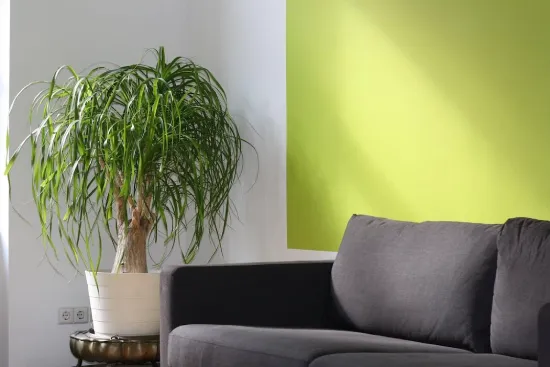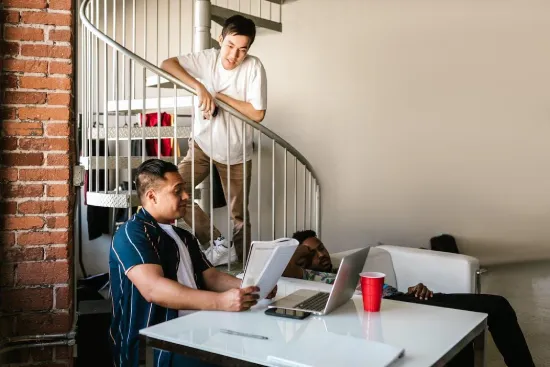Renter’s Rights In The NYC
- Fair Housing- Everyone in NYC, regardless of their race, gender, religion, or sexual orientation, has equal rights when it comes to housing. A potential tenant cannot be rejected based on these factors, and they have the right to file a complaint if they are. Similarly, a tenant cannot be denied the same rights, amenities, and facilities as other tenants based on race, gender, and other discriminatory factors.
- Warranty of habitability – A landlord is legally obligated to provide a clean and well-maintained space fit for human occupancy. This is implied in every lease, so even if it isn’t stated explicitly in the lease, a tenant has a right to everything that makes a dwelling habitable. This is covered under Law 235-b. A tenant has multiple courses of action if this right is breached (including withholding rent), but only if they provide proper notice to the landlord beforehand. This includes heat and hot water. Heat is limited to the period between October 1 and May 31, but you have a right to hot water throughout the year.
- You have a right to safe premises, which should include proper locks for doors and window guards, especially if a child under the age of ten resides on the premises. It also includes carbon monoxide detectors, smoke detectors, and peepholes in the doors.
- It’s your right to know if your apartment had a bed bug problem last year. And if you encounter a problem during your tenancy, the landlord is required to hire an exterminator (certified) and take necessary measures to prevent re-infestation. Other pests may not require disclosure, but you have a right to infestation-free premises, and the landlord is obligated to take measures to prevent rats, roaches, mold, or any other form of infestation.
- A landlord cannot ask for additional payments (other than rent and deposit) to give certain tenants preference over others for a vacant space.
- As a tenant, you are entitled to a receipt of every month’s rent you pay, regardless of the medium of payment. You can ask for it if it is not automatically provided.
- You only need to pay a month’s rent upfront as a security depositand nothing more. When you move out, the deposit will be returned to you in full within 14 days. And deductions can only be made for specific reasons like unpaid rent, damage to the property, etc. You have a right to get an itemized bill for the deductions.
- Rent increases in rent-stabilized and rent-regulated apartments are subject to specific rules, and if you live in these rent-controlled apartments, your landlord will have to abide by those rules. However, in other apartments, your rights pertaining to rent increases are limited. Rent cannot be increased during the lease and once the lease is over, the landlord is only obligated to give you timely notice if the increase is more than 5%,and the notice period depends on how long you have lived in the rental unit.
- It’s your right to form a tenant’s associationwith other tenants in the building.
- You have a right to remain on the premises and cannot be forcefully evicted unless you have violated the lease or housing laws. And even if an eviction is justified, you have the right to a prior notice from the landlord. After the landlord gets a court order to evict a tenant, it should be carried out by a law enforcement officerand not the landlords themselves.
Disabled, elderly, and veteran tenants have additional rights.
Renter’s Responsibilities In NYC
- A tenant cannot damage the apartment/premises they dwell in, other than the regular wear and tear, intentionally or through neglect. If an apartment becomes uninhabitable because of the tenant’s neglect or intentional damage, it’s no longer the landlord’s responsibility. You are also responsible for informing the landlord about any damage you have caused to the apartment (as soon as possible). Be ready to pay for the repairs.
- It’s a tenant’s primary responsibility to adhere to the terms of the lease. This may include everything from subletting rules, pets, noise, maintaining outdoor spaces, etc. The consequences of breaking a lease may range from a fine (or paying for the damages) to eviction.
- A landlord can rightfully ask you to submit an additional sum toward the security deposit once your rent increases to make up the difference. For example, if your original security deposit was $5,500, equivalent to a month’s rent, and your renewed lease for the next year is for $6,000 monthly rent, the landlord has the right to ask you for $500 more.
- As a tenant, you are responsible for any damage your guests or visitors inflict (intentionally or unintentionally) on the premises or even the common areas.
- The landlord has the right to visit the property and look around and must have access to the property with prior notice and in case of an emergency. So as a tenant, it’s your responsibility not to change the locks without permission, and when and if you do, provide your landlord with the key/access.
- As a tenant, you need to inform your landlord when you plan on subletting the apartment, even if it’s allowed in the lease.
- Cleaning and maintaining the premises in a habitable condition is the tenant’s responsibility but it can also extend to other maintenance areas if they are identified in the lease that you have signed as a tenant. This may include cleaning and maintaining external areas, cost of waste management, changing/checking smoke/carbon monoxide detectors, etc.
- You should inform your landlord whenever you are installing or replacing something, including appliances.
If you are unsure about something, it’s a good idea to talk to your landlord for clarification. Open channels of communication both ways can save you and the landlord a lot of trouble, and many issues can be addressed before they evolve into problems or legal battles.





